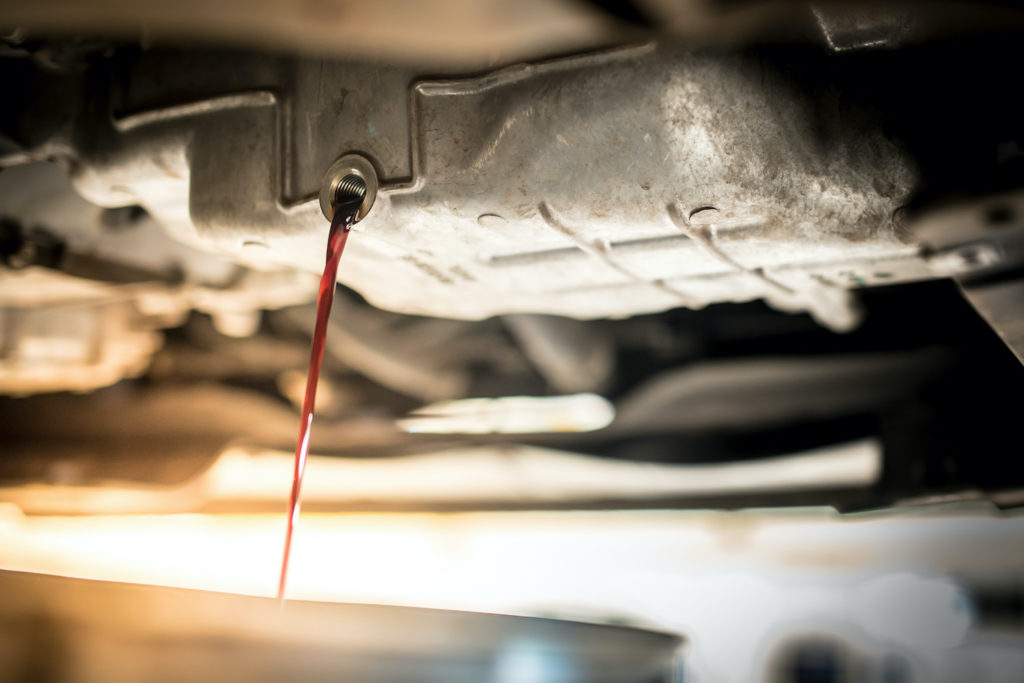Signs Your Vehicle May Have an Oil Pan Leak

Engine oil plays a vital role in keeping your car running smoothly. When it's lacking, your car's performance can suffer. It's essential to be aware of potential oil pan leaks, as even small ones can lead to significant issues.
The oil pan is a critical component of your car's lubrication system. It's a reservoir that holds the engine oil and is situated at the bottom of the engine. The oil pan has a gasket that seals it to the engine block, preventing oil from leaking out. However, over time, this gasket can wear down, leading to oil pan leaks. Here are five key indicators that your vehicle's oil pan might be leaking:
Low Oil Warning Light Illuminates
If you notice the low oil warning light glowing on your dashboard, it's a signal not to be ignored. This warning often indicates an underlying problem that requires immediate attention. Continuing to drive your car with the oil light on could result in engine damage.
Presence of Oil Puddles Under Your Vehicle
Pulling your car out of the driveway and discovering a puddle of dark brown or black fluid beneath the engine is a telltale sign of an oil leak. The size of the stain can give you an idea of the leak's severity. To address this issue, promptly take your car to a nearby mechanic for inspection.
Unexplained Drop in Oil Level
If you find that your oil level has significantly decreased shortly after an oil change, it's a strong indicator of an oil pan leak. Under normal circumstances, you shouldn't need to add oil between changes. Consult a mechanic to pinpoint the root cause of this issue.
Engine Overheating
Oil, in addition to coolant, aids in regulating your engine's temperature by reducing friction. When oil levels drop, it can lead to engine overheating. If your dashboard's engine light comes on or you observe smoke emanating from the hood, it's essential to cease driving immediately to prevent further damage.
Unpleasant Burning Odor from the Engine
Leaking oil can drip onto the engine's surface, generating an unpleasant burning smell. If you suddenly detect an acrid odor, it's likely due to a leak in your oil pan, which necessitates repair.
Never ignore oil pan leaks
It's crucial to address an oil pan leak promptly, even if it initially appears minor. Ignoring oil pan leaks can have severe consequences for your vehicle. When an oil pan leak occurs, the oil level in the engine drops, reducing its ability to lubricate and cool crucial components. This can lead to increased friction, higher operating temperatures, and, ultimately, engine damage.
Delaying repairs can lead to escalating problems over time. Running your engine with insufficient oil can result in costly engine complications and unexpected breakdowns.
Proactive maintenance is key to preventing oil pan leaks and other oil-related issues. Regularly check your oil level and inspect the area under your vehicle for any signs of leaks. Following your vehicle manufacturer's recommended maintenance schedule is crucial for preserving the health of your engine.